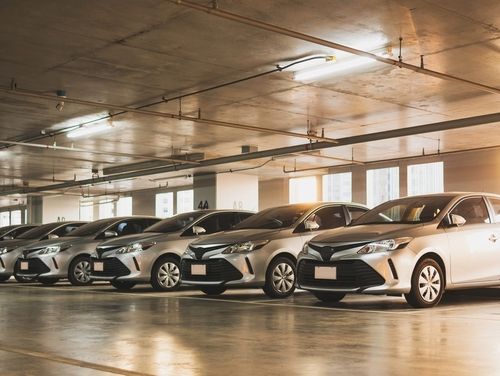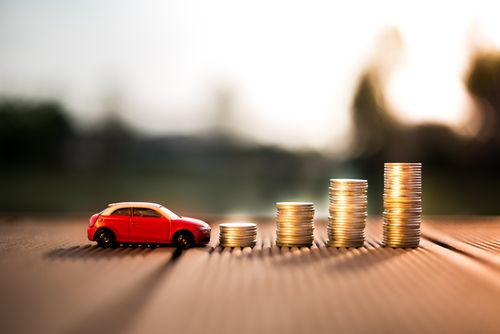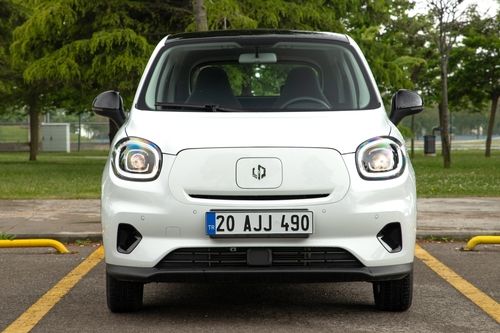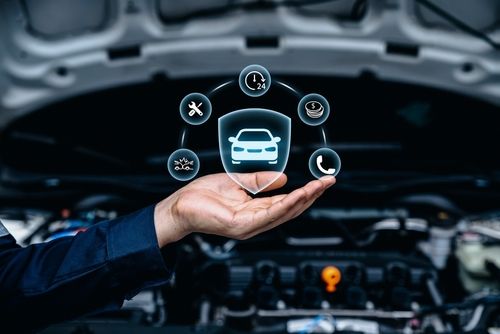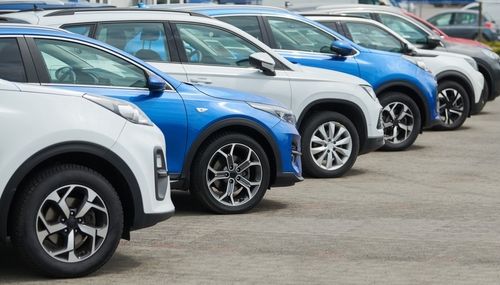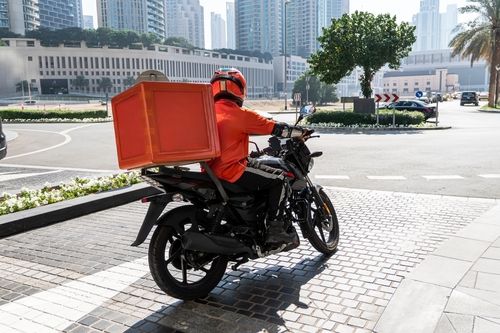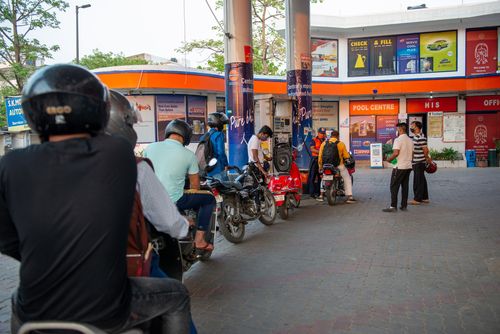First-Party Car Insurance: Benefits, Inclusions, and Exclusions
Written by Upstox Desk
Published on July 24, 2025 | 5 min read
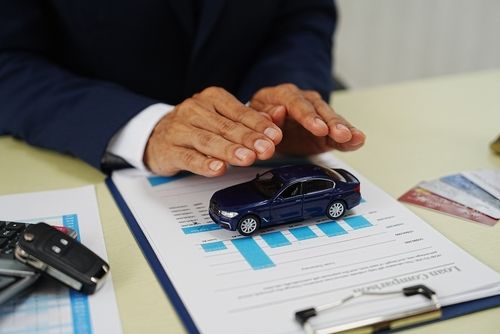
If you are a car owner, you might have heard about the mandatory nature of insurance in India. To drive legally in India, you are required to have third-party insurance. However, such insurance does not cover any damages to your car, or to any passengers or the driver, during the accident. To protect yourself and your vehicle, you need to have first-party car insurance, also known as comprehensive insurance. Let us find out what the inclusions, benefits, and exclusions of first-party car insurance in India are.
What is First-Party Car Insurance?
In addition to the legally required third-party liability coverage, first-party auto insurance covers damage to your own vehicle. This implies that the coverage includes unintentional auto damage, theft, fire, natural disasters such as earthquakes or floods, and even man-made incidents like vandalism or riots.
Additionally, it provides owner-drivers with personal accident insurance, offering financial assistance in the event of an injury, incapacity, or death resulting from a traffic accident. First-party insurance is optional but strongly advised, particularly for new or expensive cars, whereas the Motor Vehicles Act requires third-party insurance.
Key Benefits of First-Party Car Insurance
There are various benefits of first-party car insurance, especially when you care about your prized possession. Let us list them out one by one:
Covers Own Damage
It covers all the damage repair costs of your car arising from an accident or collision.
Meets Third-Party Liability
Like all auto insurance plans, it ensures legal compliance by covering third-party liabilities, such as property damage or bodily injury to third parties.
Personal Accident Cover
It offers the owner-driver up to ₹15 lakh in coverage in the event of an accident-related disability or death. Additionally, some plans provide travelers with optional coverage.
Cashless Claims and Network Garages
First-party insurance often provides access to a wide network of garages where you can obtain cashless repairs, ensuring quicker settlements and less hassle.
Add-On Benefits and Discounts
You can enhance your protection with first-party insurance by selecting add-ons such as engine protection, roadside assistance, zero depreciation coverage, and consumables coverage. If you don't file a claim over time, you can receive a No Claim Bonus (NCB) of up to 50%.
What is Included in First-Party Insurance?
First-party car insurance typically includes:
Own Damage Cover
Repairs for your vehicle resulting from accidents, fire, theft, or natural disasters.
Third-Party Liability
All the third-party damages are already covered in the comprehensive insurance, so you do not need a separate insurance for that.
Personal Accident Cover
Provides financial support to the owner-driver in the event of injury, disability, or death, which is now a mandatory feature of motor insurance in India, as per regulatory directives.
Geographic Coverage
Valid across India, as per the policy terms.
What is Not Covered?
While first-party insurance is comprehensive, it does not cover everything. Key exclusions include:
- If you were driving under the influence of drugs or alcohol
- If you were driving without a valid licence or with an expired policy.
- Normal wear and tear, as well as electrical or mechanical breakdowns unrelated to accidents.
- Damage to consumables, tyres, or tubes unless caused during an accident.
- If the company determines it to be a case of fraudulent or misleading claims, or policy violations.
It is important to read the policy terms carefully to understand all inclusions and exclusions. Many of these exclusions can be covered through optional add-ons.
Who Should Opt for First-Party Insurance?
First-party car insurance is ideal for:
- Owners of new or expensive cars who cannot afford out-of-pocket repair costs.
- Those who regularly drive in areas prone to accidents, floods, or theft.
- Drivers who prefer peace of mind, fast claim settlement, and full protection.
While third-party insurance only fulfills your legal obligation, first-party insurance protects you financially and ensures your car stays in good condition even after an unfortunate event.
Tips to Choose the Right Policy
When buying first-party insurance:
- Compare the Insured Declared Value (IDV) to balance the premium and coverage.
- Check the insurer’s claim settlement ratio and garage network.
- Opt for essential add-ons, such as zero depreciation, roadside assistance, and engine protection.
- Avoid claim rejection by renewing the policy on time and driving responsibly.
- Read the fine print and disclose all details honestly.
- Always use a platform like Upstox to select the best policy tailored to your unique needs.
Conclusion
If you care about your car, you should not settle for anything less than comprehensive or first-party insurance. As a car owner, accidents and minor damages are quite common while driving on Indian roads. You don't need to spend a lot of money out of pocket, as your insurance covers everything. In addition, if there is a complete loss of the car, such as in the case of theft or damage, the insurance company pays you compensation.
FAQs
What is first-party car insurance?
It’s a comprehensive policy that covers damages to your own car, third-party liabilities, and personal accident cover.
Is first-party insurance mandatory in India?
No, only third-party insurance is mandatory; first-party is optional but recommended.
Does first-party insurance cover natural disasters?
Yes, it covers damage due to floods, earthquakes, storms, and other natural calamities.
Can I claim for wear and tear under first-party insurance?
No, regular wear and tear or mechanical failures are not covered.
How is the premium of first-party insurance decided?
It depends on your car’s IDV, age, location, type, and any add-ons you choose.
About Author
Upstox Desk
Upstox Desk
Team of expert writers dedicated to providing insightful and comprehensive coverage on stock markets, economic trends, commodities, business developments, and personal finance. With a passion for delivering valuable information, the team strives to keep readers informed about the latest trends and developments in the financial world.
Read more from UpstoxUpstox is a leading Indian financial services company that offers online trading and investment services in stocks, commodities, currencies, mutual funds, and more. Founded in 2009 and headquartered in Mumbai, Upstox is backed by prominent investors including Ratan Tata, Tiger Global, and Kalaari Capital. It operates under RKSV Securities and is registered with SEBI, NSE, BSE, and other regulatory bodies, ensuring secure and compliant trading experiences.


















